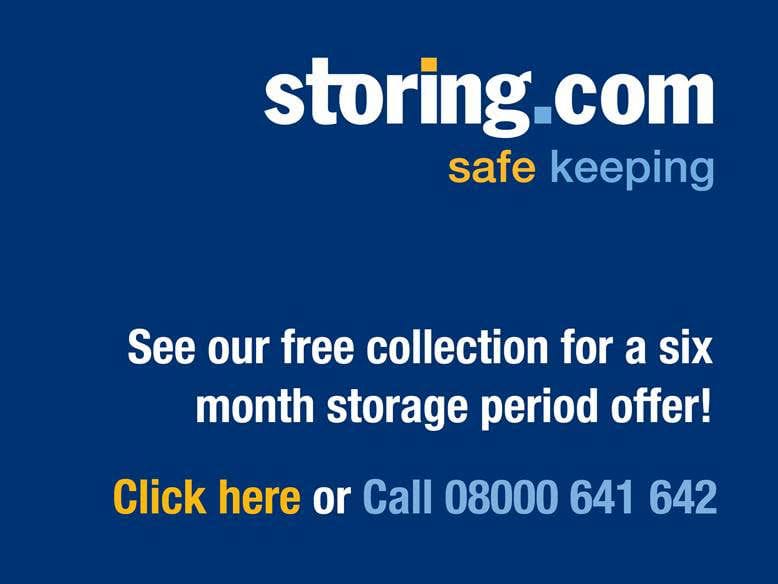Storage Units for Rent
Visit the storage facility and view the storage unit, this way you will know exactly how much space you have available. List all the items you will be placing in storage and keep this list in a safe place.
Useful tips on self-storing, storage warehouses and facilities and how the process of renting storage works. There are many storage options available, so take time to choose the storage solution that is best for you.
How Does Self Storage Renting Work?
Self-storage is short for self-service storage. It can also be referred to as public storage or warehouse storage. Public self-storage companies lease storage spaces to individuals for either commercial or domestic use. Storage can be for used for household goods or for small businesses who have excess stock or need a space to house archived records.
Storage spaces are referred to as rooms, units, containers or, if they are very small in size, lockers. Normal procedure is to purchase or rent a padlock. The storage space will then be locked by the customer or storage tenant, ensuring no-one else will have access. In general, facility operators will not have access to a storage container, but the situation may be different with a professional warehouse.
Self-storage units can be rented for a minimum period of four weeks right up to a few years. Payments are usually collected on a four-weekly basis by direct debit. For a good idea of the ranges of unit sizes and prices you can check this excellent self-storage price comparison chart – remember prices vary significantly depending on whether the self storage facility is in a city centre location or not. You will find that storage in London, for example, will be much more expensive than if you go just 30 miles outside the city. The self-storage company will never take possession or custody of the contents of a storage unit. However, if there is a period of non-payment and breakdown of terms outlined in the storage contract, then the company can make a claim against the items in storage.
How Secure Is Self-Storage?
It’s a good idea to check what security features a self-storage facility has before agreeing to store your goods there. Most companies take security very seriously and will also have excellent theft and fire prevention systems in place.
Some security features are more relevant to an indoor, warehouse style facility and others are required for outdoor, drive-up storage units. Many storage companies with outdoor storage units will provide their customers with a swipe card of a security passcode. This will allow access to the site out of staff hours. Here are some of the security systems that a company may have on site:
- CCTV
- Gated and fenced perimeter
- Intruder alarm system
- Security guard patrol
- Individual door alarm
If using an outdoor storage site, check that there are adequate floodlights, so you’re not relying on a torch. Some place may even have interior unit lights.
One other very important thing to mention here is insurance. You will either be asked to show that you have insurance provisions in place or invited to take out the insurance plan offered by the storage facility. Whatever you do, always ensure that your goods are adequately insured again fire and water damage, or any other possible scenario that could result in damage or loss.
Things to do before placing your goods in storage
Gather all the packaging supplies you will need. This is likely to include:
- Boxes
- Tape
- Labels
- Marker pens
- Bubble wrap
- Protective covers
Visit the storage facility and view the storage unit, this way you will know exactly how much space you have available. List all the items you will be placing in storage and keep this list in a safe place.
Work out how you are going to transport your goods. Some self-storage companies offer a collection and delivery service. While others will be able to offer you the hire of a van at a reduced rate. Whatever you decide to do, make sure transport is arranged by the time you sign up for your storage unit.


